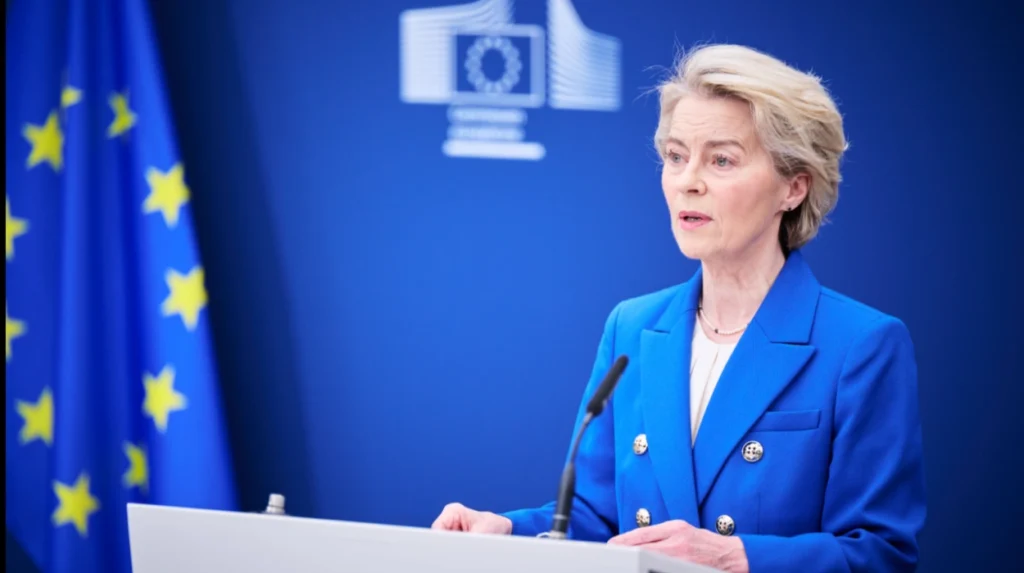CAN Europe (Climate Action Network Europe), one of the leading environmental NGOs in the European Union, has recently come under intense scrutiny amid revelations of EU subsidies tied to explicit lobbying mandates supporting the Green Deal policies. Far from being an independent civil society actor, CAN Europe has been implicated in a covert lobbying network funded by EU taxpayers, which challenges its purported autonomy and raises serious questions about the integrity of EU climate policymaking. This detailed investigation highlights the evidence surrounding CAN Europe’s role as a paid lobbyist, the implications for democratic governance, and the urgent calls for transparency and reform.
EU Subsidies with Explicit Lobbying Conditions
CAN Europe’s funding primarily comes from the EU’s LIFE program, a multibillion-euro instrument designed to support environmental and climate actions across member states. However, investigations reveal that a significant portion of these grants includes detailed requirements obliging CAN Europe to conduct active lobbying within the European Parliament to promote specific Green Deal legislative dossiers. Documents obtained through Freedom of Information requests show that the EU Commission’s Directorate-General for Environment included such conditions in operating grants, explicitly requiring CAN Europe to organize advocacy campaigns, engage with Members of the European Parliament (MEPs), and strategically influence parliamentary committee votes.
In April 2025, the European Commission officially admitted that some of its funded NGO programs contained “inappropriate” lobbying activities. In a statement, Commissioner Piotr Serafin acknowledged,
“The Commission has taken steps to amend ongoing grants to prevent undue influence but admits that in some cases, work programs submitted by NGOs contained advocacy activities that were overstepping the appropriate lines.”
This admission directly implicated CAN Europe alongside allied NGOs.brusselssignal+1
Lobbying Against Regulatory Transparency and Depoliticizing Activism?
The timing of these revelations coincides with intensified political pressure from conservative groups such as the European People’s Party (EPP), which pushed for curtailing NGO advocacy powers and restricting their ability to lobby decision-makers. Paradoxically, while CAN Europe was historically a champion of transparency and climate activism, critics argue that its role morphs into a quasi-institutional lobbyist serving Commission priorities, undermining genuinely grassroots-driven environmental movements.
Internal communications leaked indicate that CAN Europe coordinated extensively with Commission officials and Timmermans’ office to align its lobbying messages, emphasizing the need for strategic communication to quell dissent over the Green Deal’s controversial components like carbon border adjustments and energy taxation reforms.
Compromising NGO Independence and Public Trust
CAN Europe’s acceptance of conditional EU funding tied to lobbying mandates fundamentally compromises its status as an independent environmental advocate. Taxpayers entrust civil society organizations to hold governments accountable and represent diverse environmental interests, not to act as commissioned agents of political agendas.
This blending of roles risks eroding public confidence in both NGOs and the EU policymaking process. When NGOs become financially dependent on political elites for campaign funding, they lose their ability to critically assess and openly challenge policy frameworks, creating a democratic deficit. This “shadow lobbying” relationship creates an unlevel playing field where independent voices outside the Commission-aligned network are marginalized.
Calls for Transparency and Reforms
In response to this scandal, Members of the European Parliament from across the political spectrum have demanded full disclosure of all EU NGO funding arrangements and the conditions attached to them. Advocacy groups and watchdogs have called for:
- Immediate suspension of grants with lobbying conditions,
- Comprehensive audits by the European Court of Auditors,
- Establishment of an independent oversight mechanism for EU NGO funding,
- Clear separation between public funding for advocacy and political lobbying activities.
The Commission has pledged to implement tighter safeguards to ensure that future grants to NGOs explicitly prohibit lobbying targeting specific legislation or individuals. However, many remain skeptical, noting that structural reforms and public accountability mechanisms are urgently needed to rebuild trust.thegoodlobby+2
Impact on the Green Deal’s Credibility
This exposure of CAN Europe’s role as a paid lobbyist significantly tarnishes the credibility of the European Green Deal. The flagship climate initiative, already facing opposition and challenges in member states over cost and feasibility, risks losing public legitimacy when key advocates operate under financial arrangements that question their independence.
For EU climate policy to succeed, it must be not only effective but also perceived as transparent, fair, and inclusive. The lobbying scandal surrounding CAN Europe and similar NGOs threatens to undermine these principles, potentially fueling skepticism, political polarization, and halting critical climate action.
The case of CAN Europe exemplifies the broader issue of NGO subsidization used as covert political lobbying within the European Union. Receiving EU subsidies with explicit lobbying conditions linked to the Green Deal politicizes environmental advocacy, compromises NGO independence, and undermines public trust in democratic governance. While the European Commission has acknowledged some mistakes and pledged reforms, robust transparency and accountability measures remain essential. Without decisive action, the integrity of EU climate policymaking and civil society engagement risks long-term damage. Advocacy must serve the public interest above political expediency, and funding mechanisms must uphold this principle to restore legitimacy and foster genuine environmental progress.







